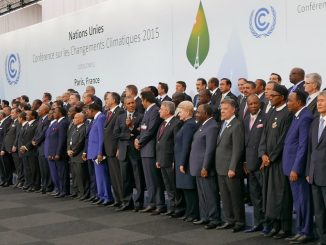Recently in an on-line question and answer forum, the famous physicist, Stephen Hawking, was asked a question about the connection between using robots and unemployment. This is what he replied:
“If machines produce everything we need, the outcome will depend on how things are distributed. Everyone can enjoy a life of luxurious leisure if the machine-produced wealth is shared, or most people can end up miserably poor if the machine-owners successfully lobby against wealth redistribution. So far, the trend seems to be toward the second option, with technology driving ever-increasing inequality.”
He is absolutely right. Using machines doesn’t mean workers have to be unemployed. What it really means is that the overall amount of work that humans need to do could go down. Using more machines could mean that our work weeks could be shorter and we could have more time to live quality lives.
But under capitalism, what it means is fewer workers, more unemployment, greater profits for the capitalists, and even more inequality in society overall. The problem is the not the robots – it’s the tiny class of owners who use those robots and workers to make a profit.




